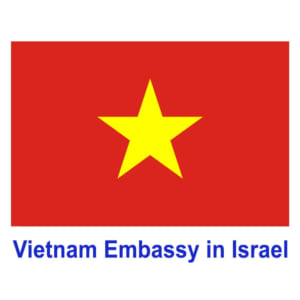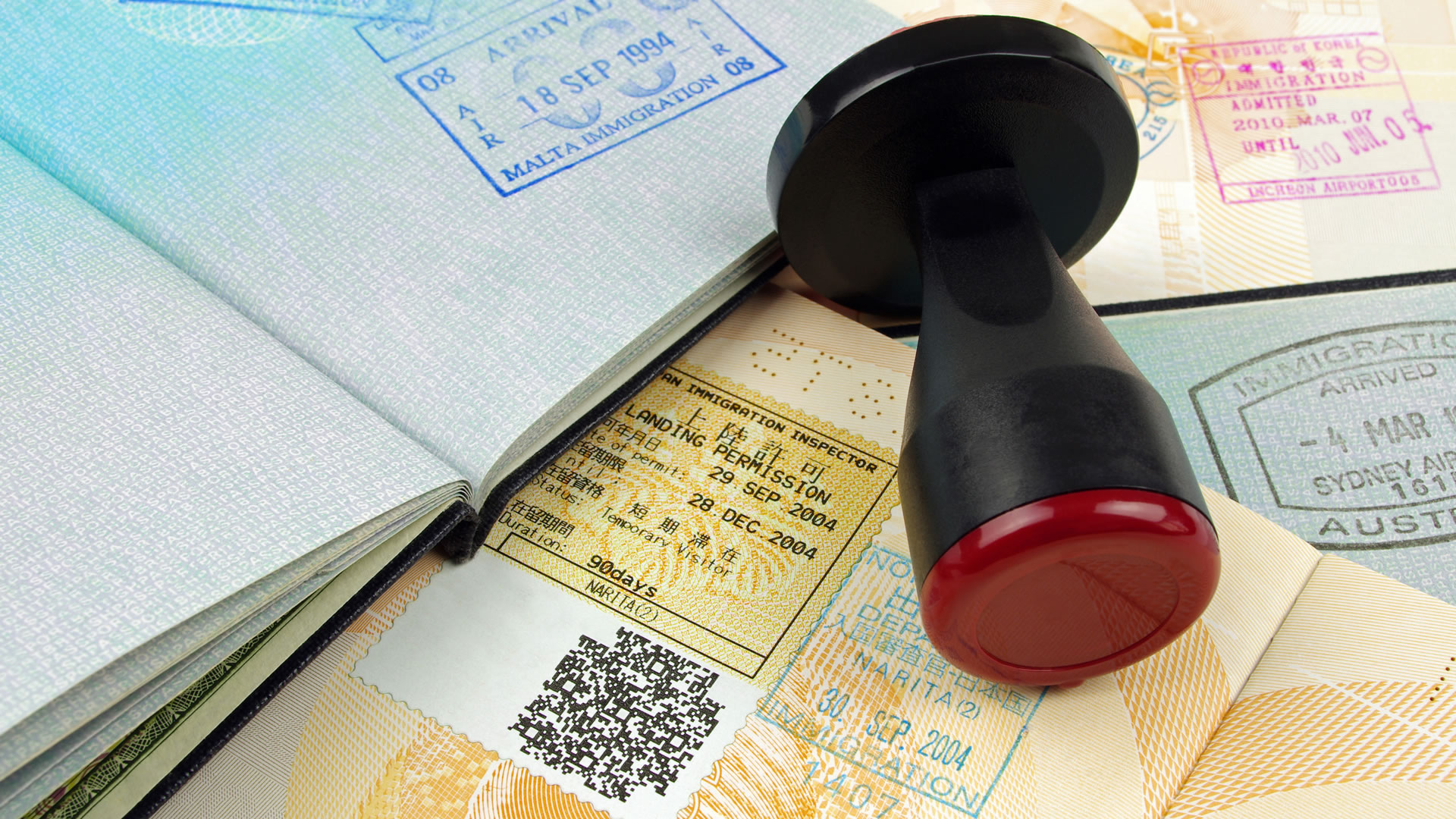
Embassy of Vietnam in Japan Services, Visa Application, Consular Services
The Embassy of Vietnam in Japan plays a crucial role in facilitating various services for Vietnamese citizens and forging strong bilateral relations between Vietnam and Japan. This article aims to provide a comprehensive overview of the embassy’s services, including visa application processes, consular services, cultural and educational exchanges, as well as important documents required for consular services. Additionally, frequently asked questions about the Embassy of Vietnam in Japan will be addressed.
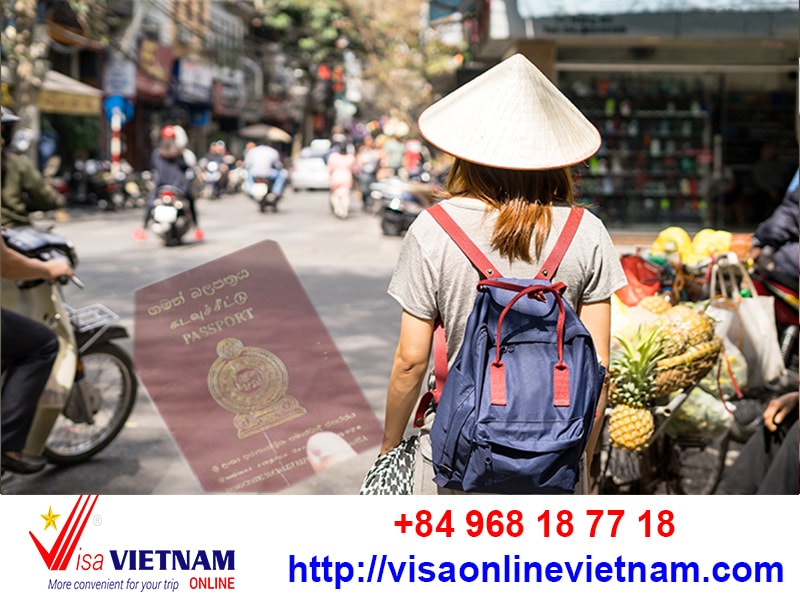
Services provided by the Embassy of Vietnam in Japan
The Embassy of Vietnam in Japan offers a wide range of services to assist Vietnamese citizens residing or visiting Japan. These services include:
- Consular Services: The embassy provides consular assistance to Vietnamese citizens living in Japan. This involves issuing passports, assisting with document notarization and certification, providing emergency travel documents, and offering general support in case of emergencies or legal issues.
- Visa Services: The embassy handles the visa application process for individuals wishing to travel from Japan to Vietnam. They offer different types of visas, such as tourist visas, business visas, student visas, and diplomatic visas. It is important to consult the embassy’s website or visit their office to obtain the most up-to-date information regarding visa requirements and application procedures.
- Information and Guidance: The embassy serves as a reliable source of information and guidance for Vietnamese residents in Japan. They provide updates on relevant regulations, policies, and events related to the Vietnamese community. Additionally, they offer guidance on matters such as marriage registration, birth registration, and other administrative procedures.
- Cultural and Educational Exchanges: The Embassy of Vietnam in Japan actively promotes cultural and educational exchanges between Vietnam and Japan. They organize various events, exhibitions, and performances to showcase Vietnamese culture, art, and traditions. Additionally, they facilitate academic collaborations, scholarships, and exchange programs between Vietnamese and Japanese educational institutions.
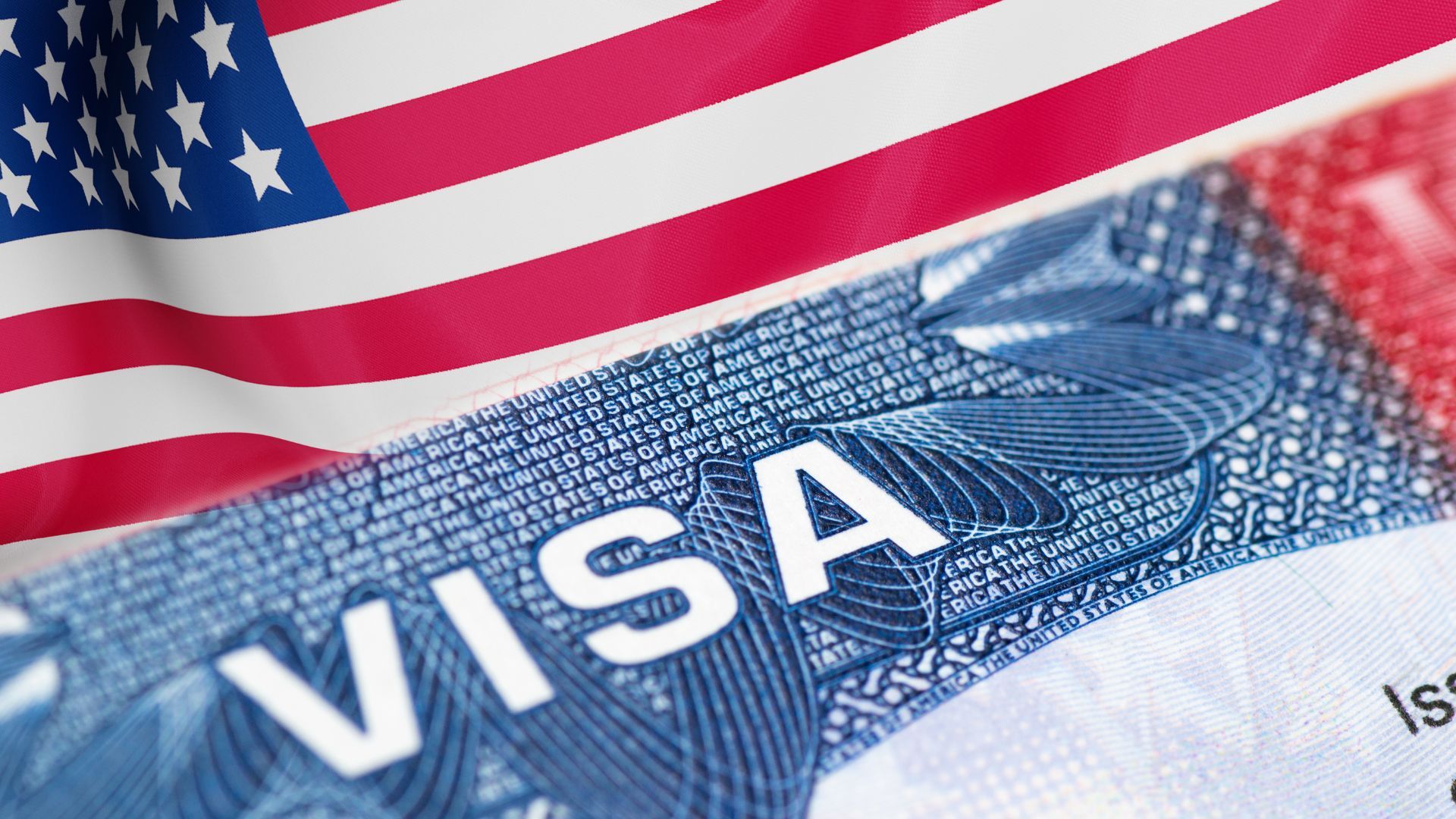
Visa Application Process at the Embassy of Vietnam in Japan
If you are planning to visit Vietnam from Japan, it is essential to understand the visa application process at the Embassy of Vietnam. The following steps outline the general procedure:
- Determine the visa type: Identify the type of visa that suits your purpose of travel. Common visa types include tourist visas, business visas, student visas, and diplomatic visas. Each visa type has specific requirements and documentation.
- Gather necessary documents: Prepare all the required documents for your visa application. This typically includes a completed visa application form, a valid passport with remaining validity, recent passport-sized photographs, proof of travel arrangements, financial evidence, and supporting documents based on the visa category.
- Submit the application: Visit the Embassy of Vietnam in Japan during their designated office hours to submit your visa application. Ensure that all the required documents are accurately filled out and compiled. Submitting incomplete or incorrect information may lead to delays or rejection of your application.
- Pay the visa fees: Pay the applicable visa fees at the embassy’s payment counter. The fee amount varies depending on the visa type and duration of stay. It is recommended to check the embassy’s official website for the most updated fee structure.
- Wait for processing: After submitting your application, the embassy will review and process your visa request. The processing time may vary, so it is advisable to apply well in advance of your intended travel date. You can track the status of your application through the embassy’s online tracking system if available.
- Collect your visa: Once your visa is approved, collect it from the embassy. Check the visa details for accuracy, including the validity dates and allowed duration of stay. If you encounter any discrepancies, inform the embassy immediately for rectification.
- Travel to Vietnam: With your visa in hand, you can now embark on your journey to Vietnam. Ensure that you comply with all the visa conditions, such as the duration of stay and any additional requirements specified by the immigration authorities.
Remember, specific visa requirements and procedures may change over time. It is recommended to visit the official website of the Embassy of Vietnam in Japan or contact their consular section directly for the most up-to-date information regarding the visa application process.
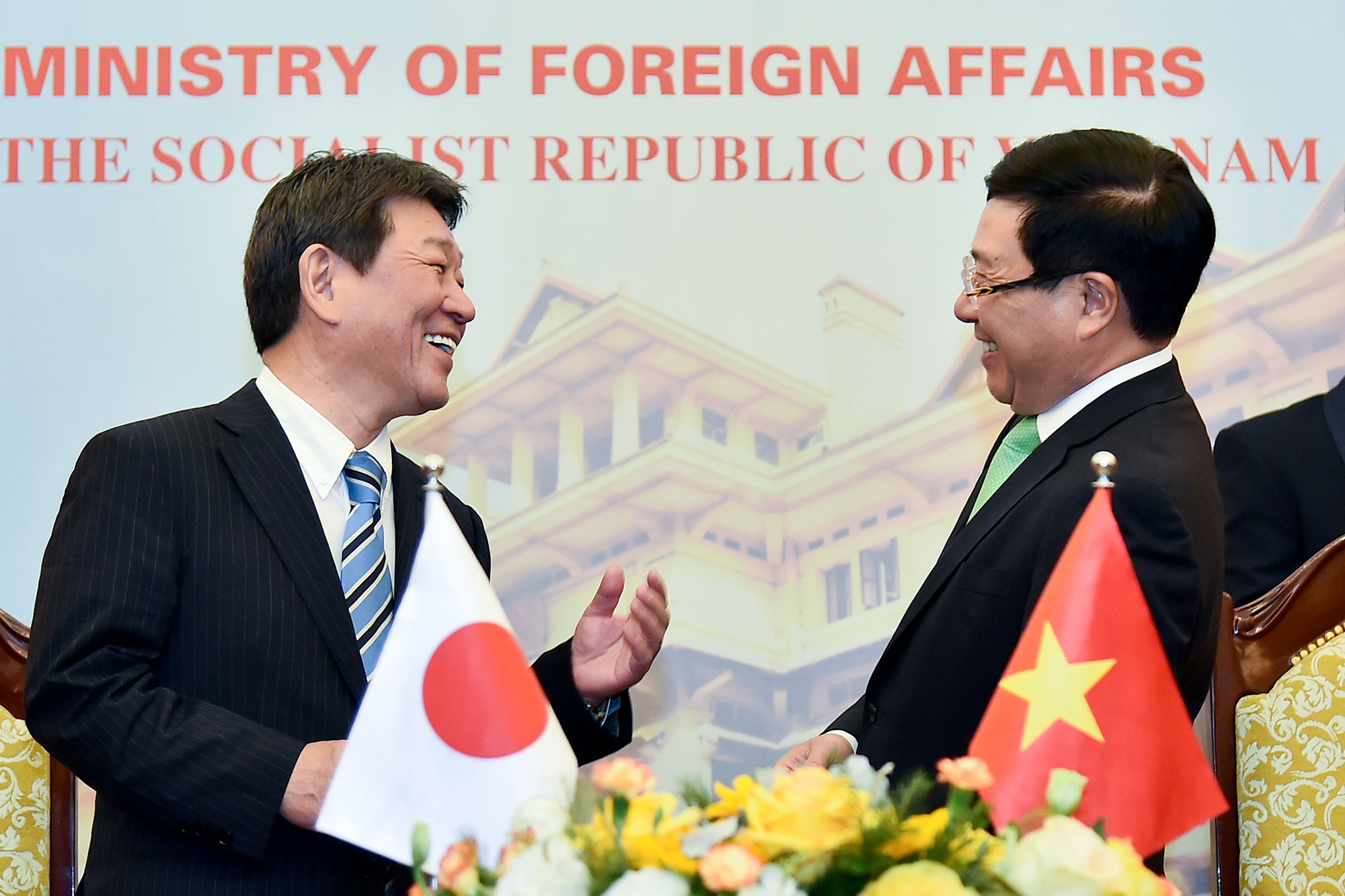
Consular Services offered by the Embassy of Vietnam in Japan
The Embassy of Vietnam in Japan provides comprehensive consular services to Vietnamese citizens residing in Japan. These services aim to assist and protect the rights and interests of Vietnamese nationals. The following are some of the consular services offered:
- Passport Issuance and Renewal: Vietnamese citizens can apply for new passports or renew their existing passports at the embassy. The applicants must submit the required documents, including a completed application form, photographs, proof of identity, and payment of applicable fees. The embassy will process the passport request, and once approved, the applicant can collect their new passport.
- Document Notarization and Certification: The embassy offers notarization and certification services for various documents, including powersof attorney, affidavits, academic certificates, and other legal documents. This service ensures that the documents are legally recognized in both Vietnam and Japan.
- Emergency Travel Documents: In cases where Vietnamese citizens lose their passports or face other urgent situations that require immediate travel, the embassy can issue emergency travel documents. These temporary documents enable individuals to return to Vietnam or continue their travels while awaiting the resolution of passport-related issues.
- Assistance in Emergencies: The embassy provides assistance and support to Vietnamese citizens during emergencies such as accidents, natural disasters, or legal difficulties. They offer guidance, liaise with local authorities, and help coordinate necessary actions to ensure the well-being and safety of Vietnamese nationals in Japan.
- Consular Protection and Welfare: The embassy is dedicated to protecting the rights and welfare of Vietnamese citizens in Japan. They provide advice and support in matters related to labor disputes, human rights concerns, health issues, and other areas where Vietnamese citizens may require assistance.
- Registration of Births and Marriages: Vietnamese citizens living in Japan can register the birth of their children or marriages at the embassy. This ensures that the vital events are officially documented and recognized by the Vietnamese authorities.
It is important for Vietnamese citizens in Japan to stay informed about the consular services offered by the Embassy of Vietnam. By utilizing these services, individuals can receive necessary assistance, protection, and guidance from their home country’s diplomatic mission.
Embassy of Vietnam in Japan: Cultural and Educational Exchanges
The Embassy of Vietnam in Japan actively fosters cultural and educational exchanges between Vietnam and Japan. These exchanges contribute to strengthening bilateral relations, promoting mutual understanding, and enhancing cooperation in various fields. Here are some significant initiatives facilitated by the embassy:
- Cultural Events and Exhibitions: The embassy organizes and participates in cultural events, exhibitions, and festivals to showcase the rich heritage, traditions, and artistic expressions of Vietnam. These events provide opportunities for Japanese citizens to experience Vietnamese culture firsthand, fostering cultural exchange and appreciation.
- Performing Arts and Music: The embassy supports and coordinates musical performances, dance troupes, and theatrical groups from Vietnam to tour Japan. These performances not only entertain but also serve as a means to introduce Vietnamese performing arts to Japanese audiences, promoting cross-cultural dialogue.
- Artistic Exchanges: The embassy facilitates artistic exchanges between Vietnamese and Japanese artists, painters, sculptors, and photographers. Through exhibitions and workshops, artists from both countries can share their creative insights, techniques, and visions, leading to the enrichment of the artistic landscape in Vietnam and Japan.
- Educational Collaborations: The embassy actively promotes educational collaborations and partnerships between Vietnamese and Japanese institutions. This includes student exchange programs, joint research projects, and academic conferences, fostering academic excellence and knowledge sharing between the two nations.
- Language and Cultural Education: The embassy offers language classes, cultural workshops, and seminars to promote Vietnamese language learning and understanding of Vietnamese culture among Japanese students and individuals interested in Vietnam. These initiatives contribute to strengthening cultural ties and facilitating communication between the two countries.
Cultural and educational exchanges facilitated by the Embassy of Vietnam in Japan play a crucial role in bridging the gap between the two nations, nurturing mutual respect, appreciation, and cooperation.
Bilateral Relations between Vietnam and Japan
Vietnam and Japan enjoy robust bilateral relations, characterized by significant economic, political, and cultural cooperation. The Embassy of Vietnam in Japan plays a vital role in fostering and enhancing these relations. Here are some key aspects:
- Trade and Investment: Vietnam and Japan have developed a strong economic partnership. Japan is one of the largest investors in Vietnam, with investments spanning various sectors such as manufacturing, electronics, automotive, and infrastructure development. The embassy actively promotes trade and investment opportunities between the two countries, facilitating business collaborations and partnerships.
- Development Assistance: Japan has been a major provider of development assistance to Vietnam. Through official development assistance (ODA), Japan supports infrastructure projects, capacity building, education, healthcare, and other sectors in Vietnam. The embassy acts as a crucial liaison in coordinating and implementing these development programs.
- Cultural Exchange and Tourism: Cultural exchange and tourism play an important role in strengthening people-to-people ties between Vietnam and Japan. The embassy promotes cultural events, tourism campaigns, and facilitates visa processes to encourage Japanese tourists to visit Vietnam and vice versa. These exchanges contribute to understanding and appreciation of each other’s cultures.
- Political Cooperation: The embassy serves as a diplomatic channel for political dialogue and cooperation between Vietnam and Japan. It facilitates high-level visits, meetings, and discussions between government officials from both countries, aiming to strengthen political ties and collaboration on regional and global issues.
- Education and Research Collaboration: Vietnam and Japan have extensive educational and research collaborations. Vietnamese students pursue higher education in Japan, while Japanese universities and research institutions collaborate with Vietnamese counterparts on academic projects and knowledge sharing. The embassy supports and promotesthese educational and research collaborations, facilitating exchange programs, scholarships, and academic partnerships.
- Cultural Diplomacy: The embassy actively engages in cultural diplomacy to promote understanding and appreciation of Vietnamese culture among the Japanese population. Through cultural events, exhibitions, and artistic exchanges, the embassy strengthens cultural ties and fosters a positive image of Vietnam in Japan.
The Embassy of Vietnam in Japan serves as a vital bridge in nurturing and enhancing the bilateral relations between Vietnam and Japan. Its efforts contribute to the economic growth, cultural exchange, and cooperation between the two nations, fostering a strong and enduring partnership.
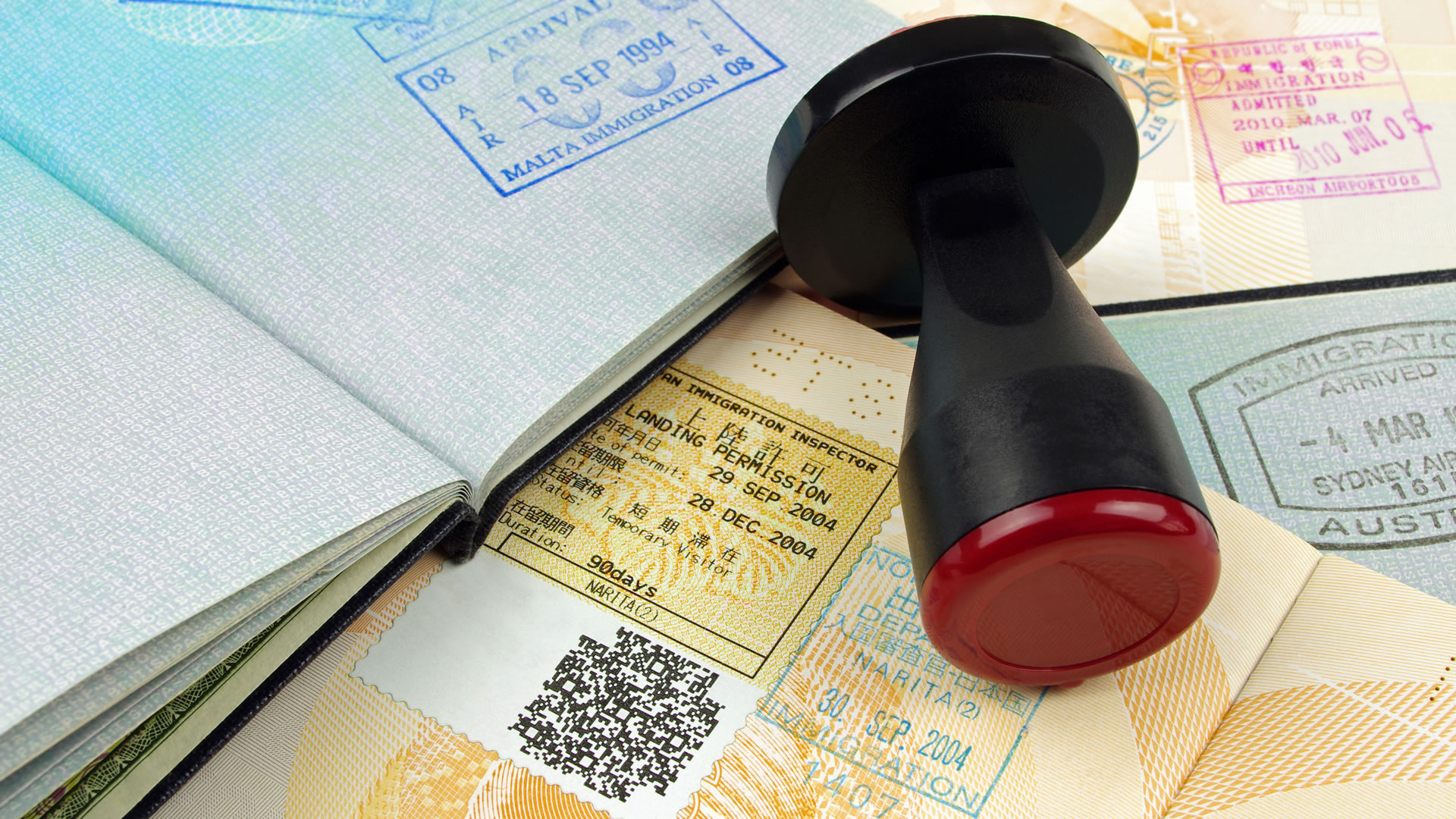
Important Documents Required for Consular Services at the Embassy of Vietnam in Japan
When seeking consular services at the Embassy of Vietnam in Japan, it is essential to prepare and submit the necessary documents. The specific requirements may vary based on the nature of the service requested, but the following are some important documents often required:
- Valid Passport: A valid passport is typically required for most consular services. Ensure that your passport has remaining validity and meets the minimum validity requirements specified by the embassy.
- Application Form: Complete the relevant application form accurately and legibly. The embassy may provide specific forms for different services such as passport issuance, document notarization, or emergency travel documents.
- Photographs: Prepare recent passport-sized photographs that meet the specifications outlined by the embassy. Usually, these photographs should have a white background and adhere to specific size and composition guidelines.
- Supporting Documents: Depending on the type of consular service, additional supporting documents may be required. For example, if applying for a passport renewal, you may need to provide a copy of your previous passport, proof of identity, and any necessary affidavits or declarations.
- Proof of Residence: In certain cases, proof of residence in Japan may be necessary. This can include documents such as residence cards, utility bills, or rental agreements that demonstrate your current address.
- Payment of Fees: Consular services often involve applicable fees. Ensure that you have the necessary funds and are prepared to pay the required fees at the embassy’s payment counter. The fee amounts may vary based on the specific service requested.
It is important to note that the above list provides a general overview of common documents required for consular services. However, each service may have specific requirements, so it is advisable to consult the embassy’s website or contact their consular section directly for precise and up-to-date information regarding document requirements.
Embassy of Vietnam in Japan: Frequently Asked Questions
Q1: What are the operating hours of the Embassy of Vietnam in Japan?
The embassy’s operating hours are typically from Monday to Friday, with specific timings for different services. It is advisable to check the embassy’s official website for the most accurate and updated information regarding their working hours.
Q2: How can I contact the Embassy of Vietnam in Japan in case of an emergency?
In case of emergencies involving Vietnamese citizens in Japan, you can contact the embassy’s consular section through their designated emergency hotline. This hotline is available 24/7 to provide assistance and guidance during urgent situations.
Q3: Can I apply for a visa to Vietnam online or through the embassy’s website?
Currently, the Embassy of Vietnam in Japan does not offer online visa applications. To apply for a visa, you will need to visit the embassy in person or follow the specified visa application process outlined by the embassy.
Q4: Are there any scholarships available for Vietnamese students to study in Japan?
Yes, there are scholarships available for Vietnamese students to pursue higher education in Japan. These scholarships are often offered through government programs, educational institutions, or bilateral agreements between Vietnam and Japan. The embassy can provide information and guidance on available scholarship opportunities.
Q5: How long does it take to process a passport renewal at the embassy?
The processing time for passport renewals may vary. It is recommended to contact the embassy’s consular section or refer to their website for the most up-to-date processing time estimates and any additional requirements.
Q6: Can the embassy provide assistance in case of lost or stolen belongings while in Japan?
The embassy can provide guidance and support in case of lost or stolen belongings. They can assist in reporting incidents to local authorities, providing necessary documentation, and offering advice on the subsequent steps to be taken.
For any further inquiries or specific questions, it is recommended to directly contact the Embassy of Vietnam in Japan through their official communication channels or visit their website for detailed information tailored to your needs.
Embassy of Vietnam in TOKYO, Japan
Address: 50-11, Motoyoyogi-cho Shibuya-ku,Tokyo 151,JAPAN
Phone: (813) 3466 3313
Fax: (813) 3466 3391
Email: [email protected]
Consulate General of Vietnam in OSAKA, Japan
Address: Osaka-fu, Osaka-shi, Chuo-ku, Bakuro-cho 1-4-10EstateBakurochoBuilding 10F,Osaka, 541-0059Japan
Phone: (81-6) 6263 160
Fax: (81-6) 6263 177
Email: [email protected]
Conclusion
The Embassy of Vietnam in Japan offers a wide range of services to Vietnamese citizens residing in or visiting Japan. From visa applications to consular services, the embassy provides vital assistance and support. Additionally, they actively promote cultural and educational exchanges, strengthen bilateral relations, and foster cooperation between Vietnam and Japan.
By understanding the services provided by the embassy, the visa application process, important documents requiredfor consular services, and frequently asked questions, individuals can navigate the embassy’s offerings more efficiently. For the most accurate and up-to-date information, it is advisable to visit the official website of the Embassy of Vietnam in Japan or directly contact their consular section.
